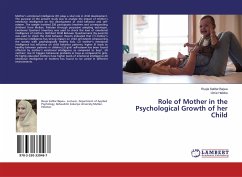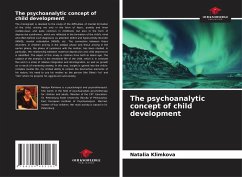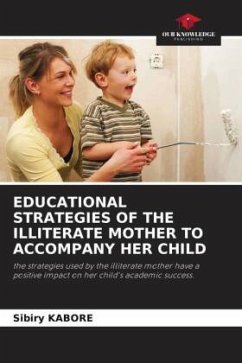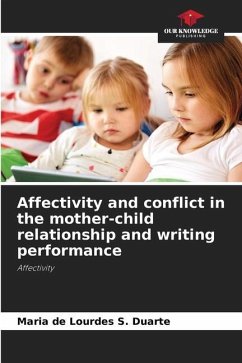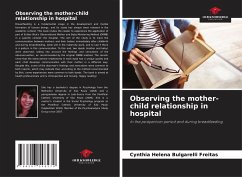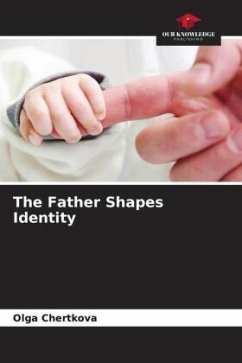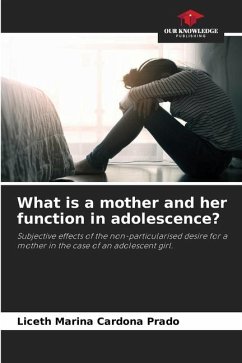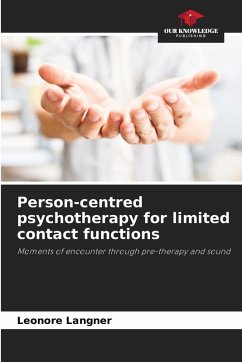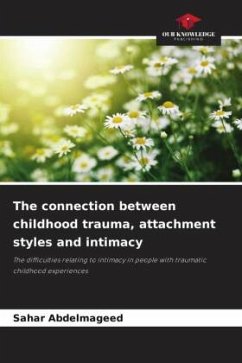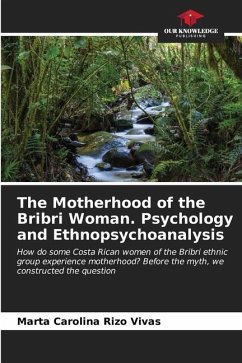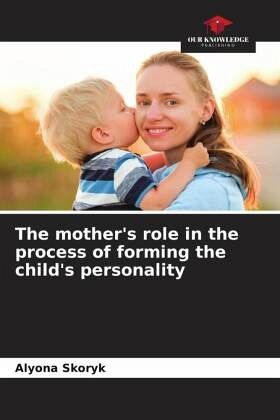
The mother's role in the process of forming the child's personality
Versandkostenfrei!
Versandfertig in 6-10 Tagen
24,99 €
inkl. MwSt.

PAYBACK Punkte
12 °P sammeln!
This paper is devoted to the study of the influence of the mother, her emotional state and ability to properly care for the child on the formation of his personality, as well as patterns of building meaningful relationships in adulthood. The problem of maternal emotional burnout is considered: its causes, signs, consequences, ways out and prevention. Particular attention is paid to the description of the peculiarities of building relationships between mother and child, according to the concept of development on the basis of attachment. The paper argues, based on G. Newfeld's six-level model of...
This paper is devoted to the study of the influence of the mother, her emotional state and ability to properly care for the child on the formation of his personality, as well as patterns of building meaningful relationships in adulthood. The problem of maternal emotional burnout is considered: its causes, signs, consequences, ways out and prevention. Particular attention is paid to the description of the peculiarities of building relationships between mother and child, according to the concept of development on the basis of attachment. The paper argues, based on G. Newfeld's six-level model of attachment, that deepening emotional connection with parents and attachment relations is essential for harmonious personality development, subjective sense of satisfaction with significant relationships, and for forming an individual's identity and maturity. The specific features of building parent-child interaction which will allow to lay a reliable foundation for feeling of safety, self-satisfaction, adequate self-esteem and necessary conditions for moral, intellectual and psychological development of the child are considered on the example of a specific stage of human growth (preschool period of childhood).



